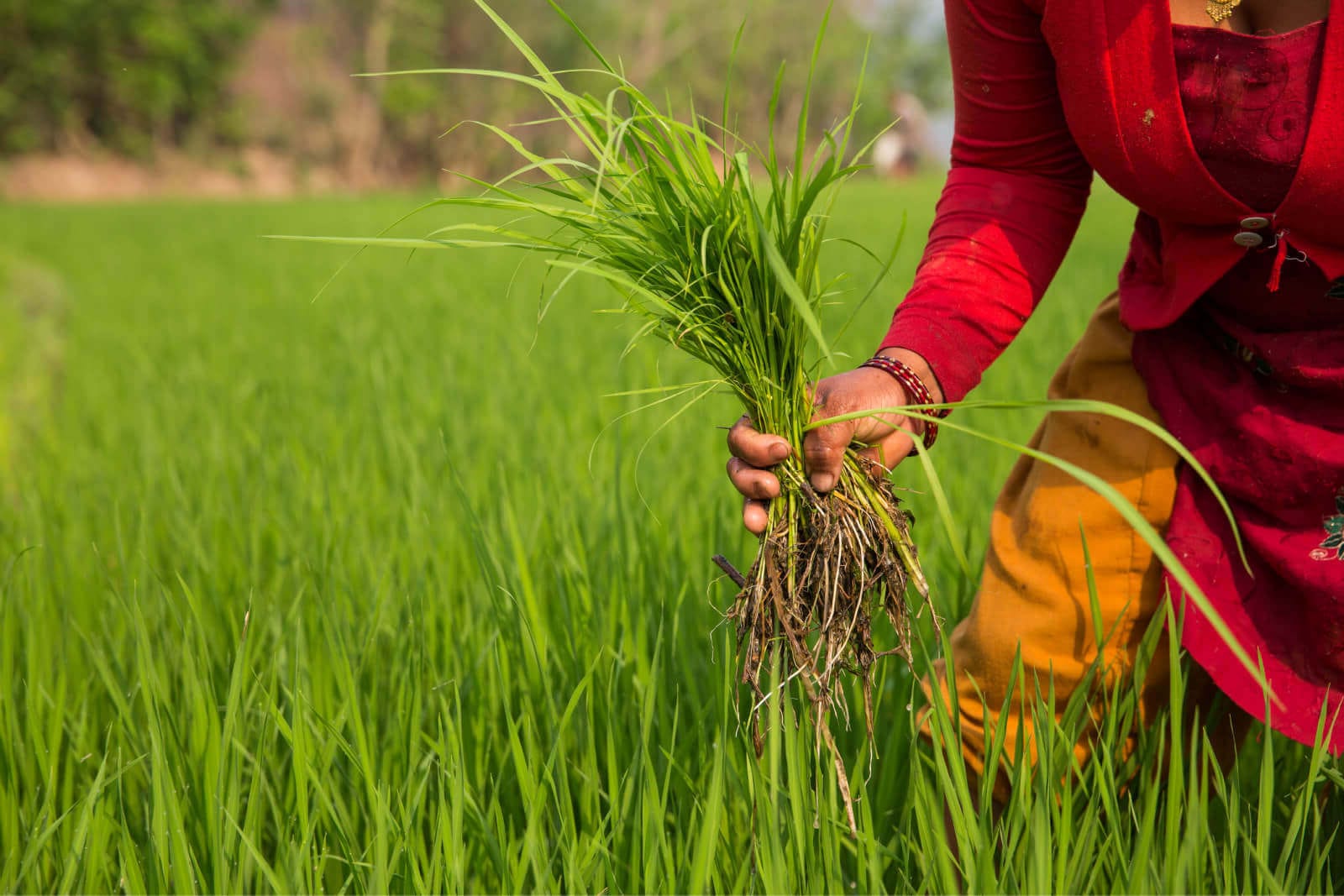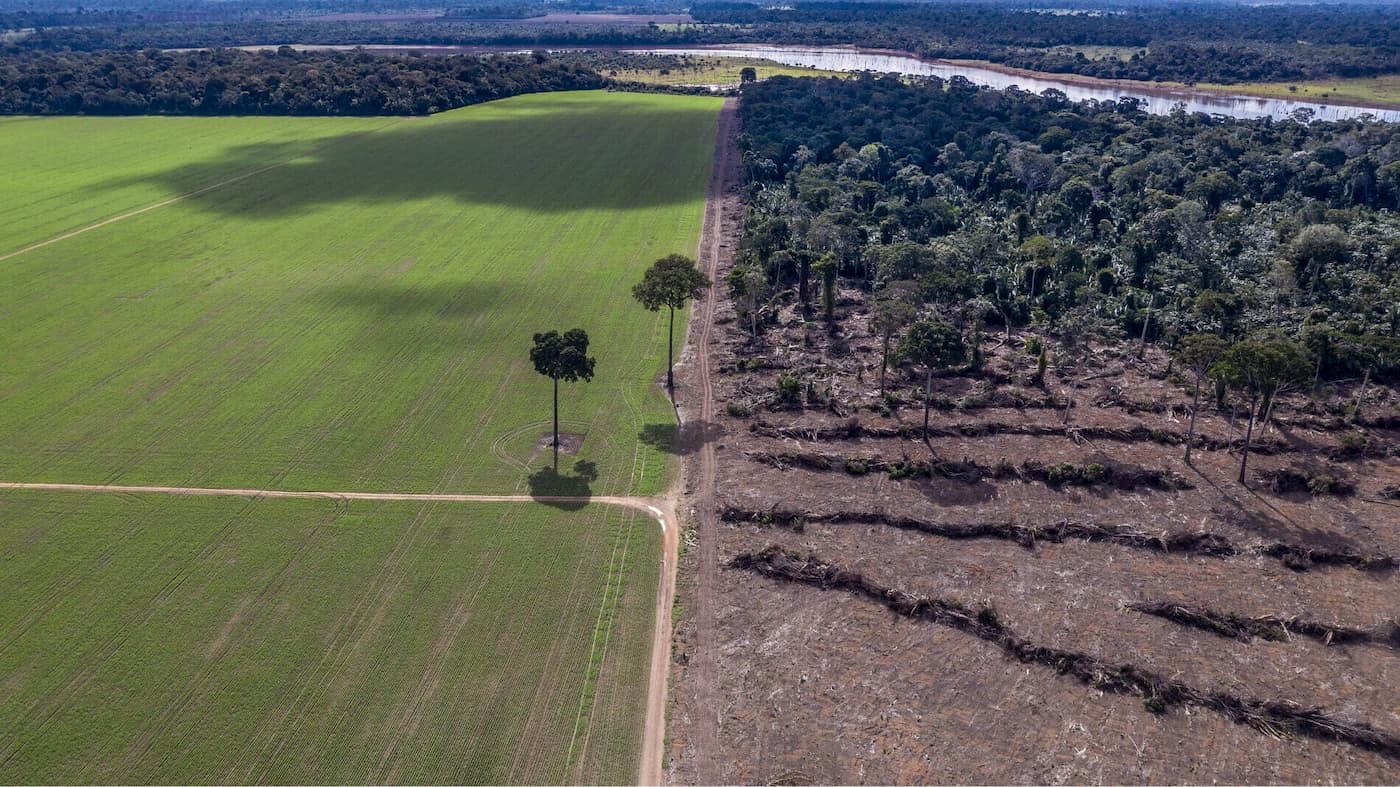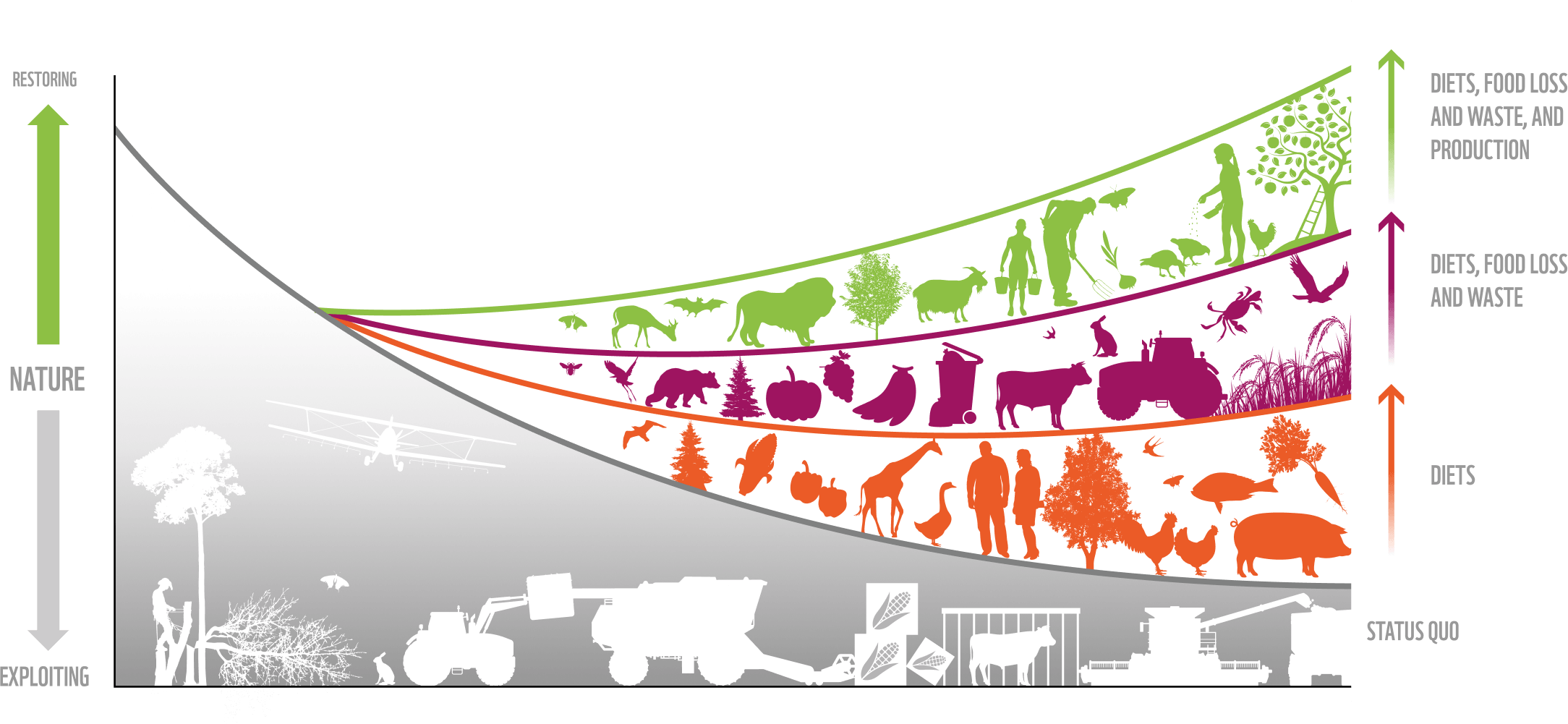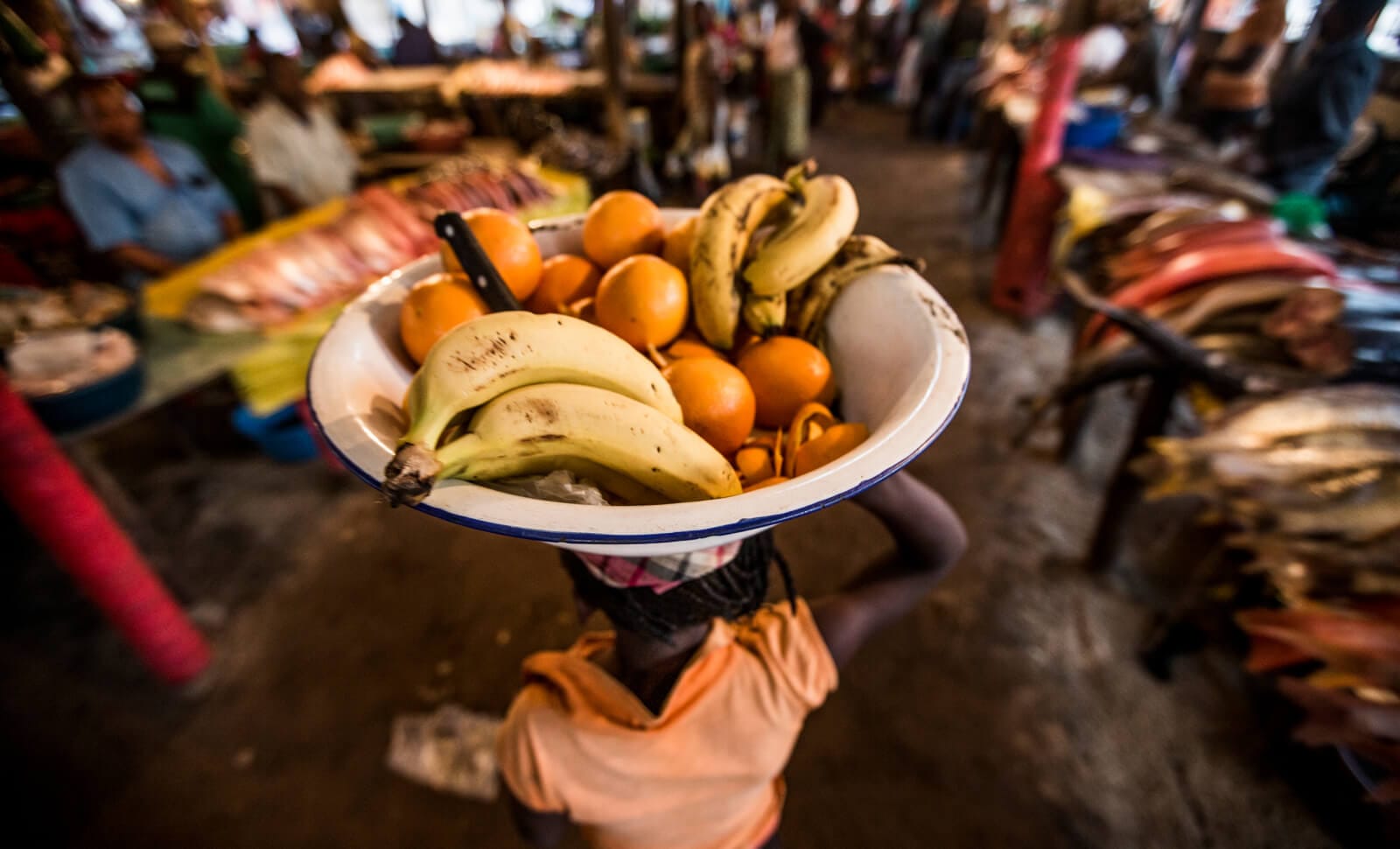
Planet-Based Diets
A science-based platform to encourage diets that are good for people and planet
Build Your DietA comprehensive scientific assessment of how dietary shifts in 147 countries can bend the curve on the negative impacts of the food system, moving from exploiting to restoring nature
There’s something we can do several times a day to improve our health and our planet’s health. Eating a planet-based diet, high in human health benefits and low in environmental impacts.
Adopting a planet-based diet can reduce:
- Food-based greenhouse gas emissions by at least 30% - Wildlife loss by up to 46% - Agricultural land-use by at least 41% - Premature deaths by at least 20% What we eat matters...to our own health and to our planet’s health
What is a Planet-based diet?
They:
- Are flexible and can be adapted to local contexts - Comprise healthy foods produced within planetary boundaries - Discourage over-consumption of any foods and encourage agrobiodiversityThe food system must nourish people without damaging our planet – but right now it’s failing on both fronts. Over 835 million are hungry, nearly 2 billion are obese or overweight and we’re losing nature at a catastrophic rate.
Planet-based diets will ensure everyone on the planet has healthy and nutritious food and will help bend the curve on the negative impacts of the food system, moving from one which exploits the planet to one which restores it for nature and people.
They will help us:

What is bending the curve?
We need to transform our food systems to bend the curve on nature impacts and reverse the course, so that what we eat nurtures not destroys the planet.

Nature restoration will depend on a combination of dietary shifts, reduction in food loss and waste and adoption of nature-positive production practices. Dietary shifts are potentially the quickest action to achieve, and can help facilitate the other two actions.
There are five strategic actions that planet-based diets can majorly impact:

Local solutions to a global problem
Planet-based diets will look different around the world and are informed by different cultures, traditions, availability and affordability.
For instance:
Shifting to healthier diets, with the right amount of food, can:
Healthier, balanced diets could:
A planet-based pescatarian diet could:
